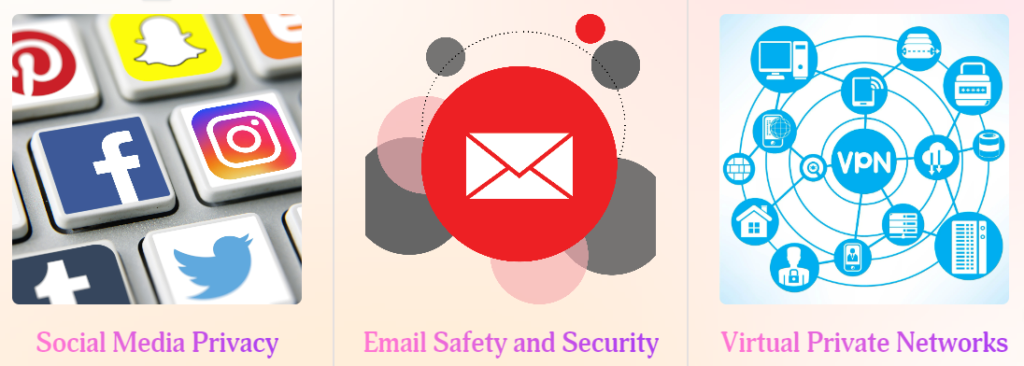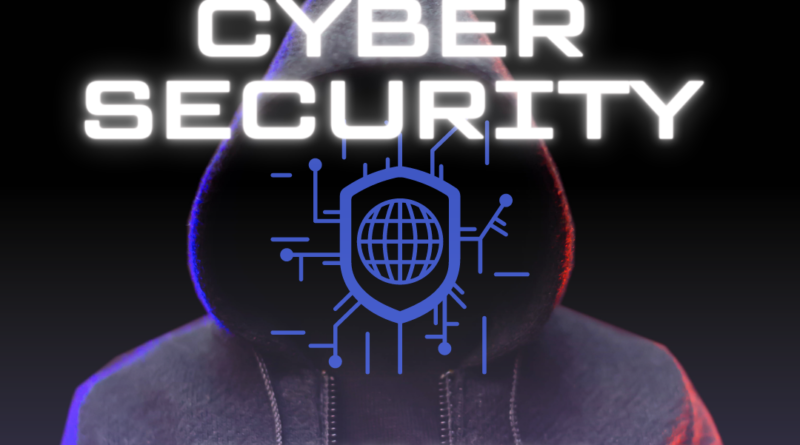How to Stay Safe Online: Cybersecurity Tips and Best Practices
It is more crucial than ever to protect your online privacy in the linked world of today. Threats to cybersecurity are always changing, endangering the privacy of digital information as well as personal and financial data. This post seeks to arm you with crucial cybersecurity advice and best practices to support your continued safety and security online.
Create Strong and Unique Passwords:
Making secure and distinctive passwords is one of the key stages in protecting your online accounts. Use complex passwords sparingly and avoid revealing any sensitive information. Use lengthy, complicated passwords that are made up of a variety of uppercase, lowercase, numerals, and special characters. To generate and save passwords for each account securely, think about utilizing a trustworthy password manager.
Enable Two-Factor Authentication (2FA):
When you log into your accounts, two-factor authentication adds an additional degree of security by requiring a second verification step. As 2FA often requires a second factor, such a verification number sent to your mobile device or biometric authentication, enable it whenever you can. Potential attackers trying to access your accounts will now face an additional barrier as a result.
Keep Your Software Updated:
Regularly updating your operating system, web browsers, and applications is crucial for maintaining a secure digital environment. Software updates often include security patches that address known vulnerabilities. Enable automatic updates or regularly check for updates manually to ensure you have the latest protection against potential exploits.
Exercise Caution with Email and Phishing Attacks:
Phishing attacks continue to be a prevalent threat in the digital landscape. Be wary of suspicious emails, especially those requesting personal information or urging urgent action. Avoid clicking on links or downloading attachments from unknown sources. Verify the legitimacy of emails and the sender’s identity before sharing sensitive information or interacting with the content.
Utilize Secure Wi-Fi Networks:
Use caution when connecting to public Wi-Fi networks to safeguard your data. Avoid using public WiFi to access sensitive information, such as online banking or personal accounts. If necessary, encrypt your internet connection with a virtual private network (VPN) to keep your online activity private and secure.
Regularly Backup your data:
Data loss can occur due to various reasons, including malware infections, hardware failures, or accidental deletions. Regularly backup your important files and data to an external hard drive, cloud storage service, or another secure location. This practice ensures that even in the event of a cybersecurity incident, you can recover your important data.
Be Mindful of Social Media Privacy Settings:
Review and modify your privacy settings on social media sites to limit the information that other users can see. Keep your public disclosure of personal information to a minimum, and use caution when accepting friend requests from or communicating with accounts that you don’t know. Review and change your privacy settings frequently to make sure they reflect your preferences and safeguard your online reputation.






Pingback: 4 Essential Tips to Protect Yourself Online - TIPS 360